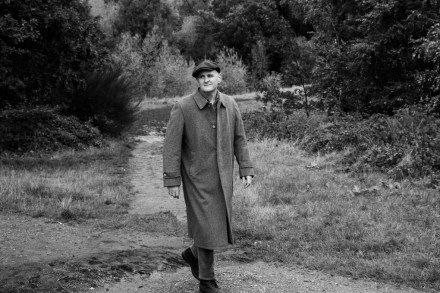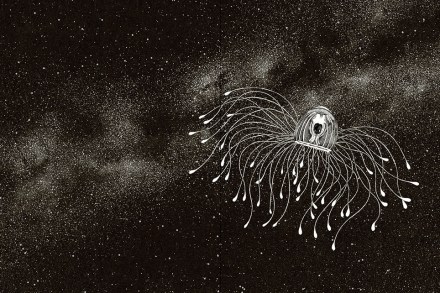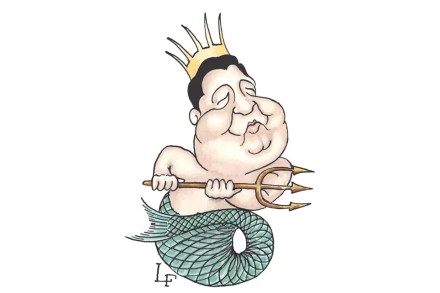‘Teaching someone to draw is teaching them to look’: the year’s best art books
Colour, the painter Patrick Heron once proclaimed, is a continent that artists have yet to explore. The mammoth two-volume The Book of Colour Concepts (Taschen, £150) catalogues numerous attempts to map this mysterious chromatic domain, from the late 17th century to the mid 20th. It quickly becomes clear that this area is infinitely vast. One only has to glance at the plates of the ‘Viennese Colour Cabinet’ (1794) – a whole column of blue-greens – to realise that. The effect of these technical diagrams is beautiful in the manner of abstract art. The illustrations from Goethe’s On Colour Theory (1810-12) could easily have been produced at the Bauhaus, while the




















